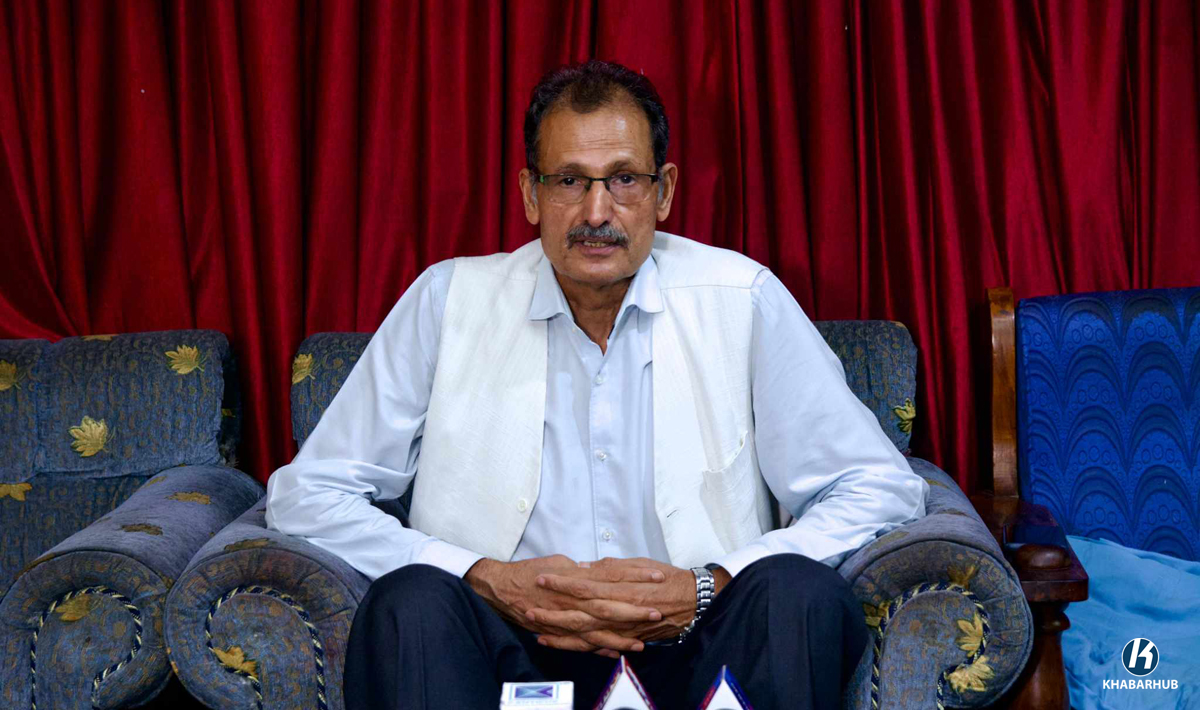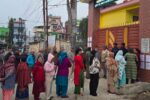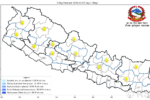KATHMANDU: The Maoist Centre, main opposition party, has asserted that the current government led by Prime Minister KP Oli will ultimately fall due to its own shortcomings.
This statement was made by party Vice Chair and Spokesperson Agni Prasad Sapkota after a meeting of party office bearer at the residence of party Chairman Pushpa Kamal Dahal “Prachanda” in Khumaltar on Monday.
Sapkota criticized the government’s reversal of key policies that the previous government had implemented, particularly regarding corruption, good governance, and social justice.
He stated, “The previous government focused on fighting corruption and promoting good governance and prosperity with social justice, but these efforts are being undone one by one.”
Sapkota deed that the issue of nationality is becoming increasingly complicated, and there are attempts to undermine democratic values, norms, and ideals.
He further argued that the government is failing to address the people’s basic needs.
“This government will fall because of its own actions, but we must continue to guide the people in the right direction, advocating for change and progress.”
Sapkota also accused the government of targeting competent employees who are contributing positively to the country.
“There seems to be a deliberate effort to remove people who are doing good work,” he said, adding that the country is facing an “extraordinary situation” that requires unity and cooperation among all political parties.
“There is a growing discussion about splitting party lines when we should be focusing on a national approach,” Sapkota said.
“The talk of amending the constitution was merely a cover for their power grab. They used constitutional amendments as an excuse to gain power.”
He further accused the government of undermining political parties and further complicating issues of nationality.
Sapkota then offered his party’s position on constitutional amendments, stating, “If the constitution is to be amended, it should be done to promote progress, increase people’s rights, and strengthen democracy.”
He emphasized the need for a directly elected presidential system to address the country’s current distortions and instability.
“This, in our view, is the only way to bring political stability,” he said.
He also advocated for a fully proportional electoral system, with MPs actively involved in policy-making, and experts taking on ministerial roles.
“People’s interests are being ignored one after another by this government,” Sapkota concluded.
“With the first and second parties forming a coalition government, there are growing concerns that this could lead to authoritarianism and a slide toward dictatorship,” he argued.









Comment